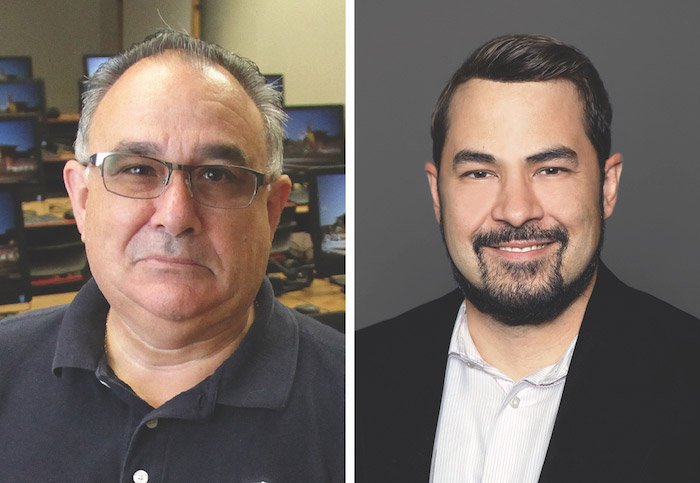
UTEP Team to Assess Security and Strategic Trade Management Academy’s Coursework
Last Updated on February 08, 2021 at 12:00 AM
Originally published February 08, 2021
By Daniel Perez
UTEP Communications
The U.S. Department of State has awarded a $34,000 grant that researchers from The University of Texas at El Paso will use to evaluate training programs offered to international representatives to enhance U.S. security.

Victor Manjarrez, Jr., Ed.D., associate director of UTEP’s Center for Law and Human Behavior, will lead a four-member team to study the Security and Strategic Trade Management Academy’s curricula that involves policy, licensing and enforcement to see how well they serve participants from 10 foreign governments to include India, Mexico and the Philippines.
“If participating countries become better at mitigating risks through the (academy courses), they have the potential to detect the trade, transfer, etc., of weapons of mass destruction well before those items reach U.S. soil,” Manjarrez said. “The collaboration with other countries effectively makes foreign locations the first line of defense for the United States.”
The group of Manjarrez, Mario Cano, Ph.D., assistant professor of criminal justice, and two undergraduate students, will conduct part of its research at the University of Houston, host of the academies that usually are scheduled in the spring and fall. The researchers have started to develop the surveys and hope to use them with the next academy cohort, which is slated tentatively in early May 2021.
Academy topics include sanctions, strategic trade controls and international accords. The goals of these courses are to enhance trade compliance enforcement, investigations and prosecutions to strengthen the capabilities and commitment of international partners to combat the spread of conventional munitions as well as nuclear, biological and/or chemical weapons.
The team will use a combination of surveys and interviews to measure reactions to what is taught and learned at the academy, as well as how behaviors change throughout the two-week academies. The researchers also will study results based on how close the students were to achieving the targeted outcomes.
A key to secure the State Department grant was the ability to provide a comprehensive, independent assessment of the initiative, said Kevin Clement, executive director of Strategic Partnerships in the University of Houston’s College of Technology.
“We sought an entity that would provide us a professional, detailed and insightful assessment – and whose integrity was above reproach,” Clement said. “The University of Houston is extremely pleased to work with Dr. Victor Manjarrez, Jr., and the team from The University of Texas at El Paso's Center for Law and Human Behavior."
